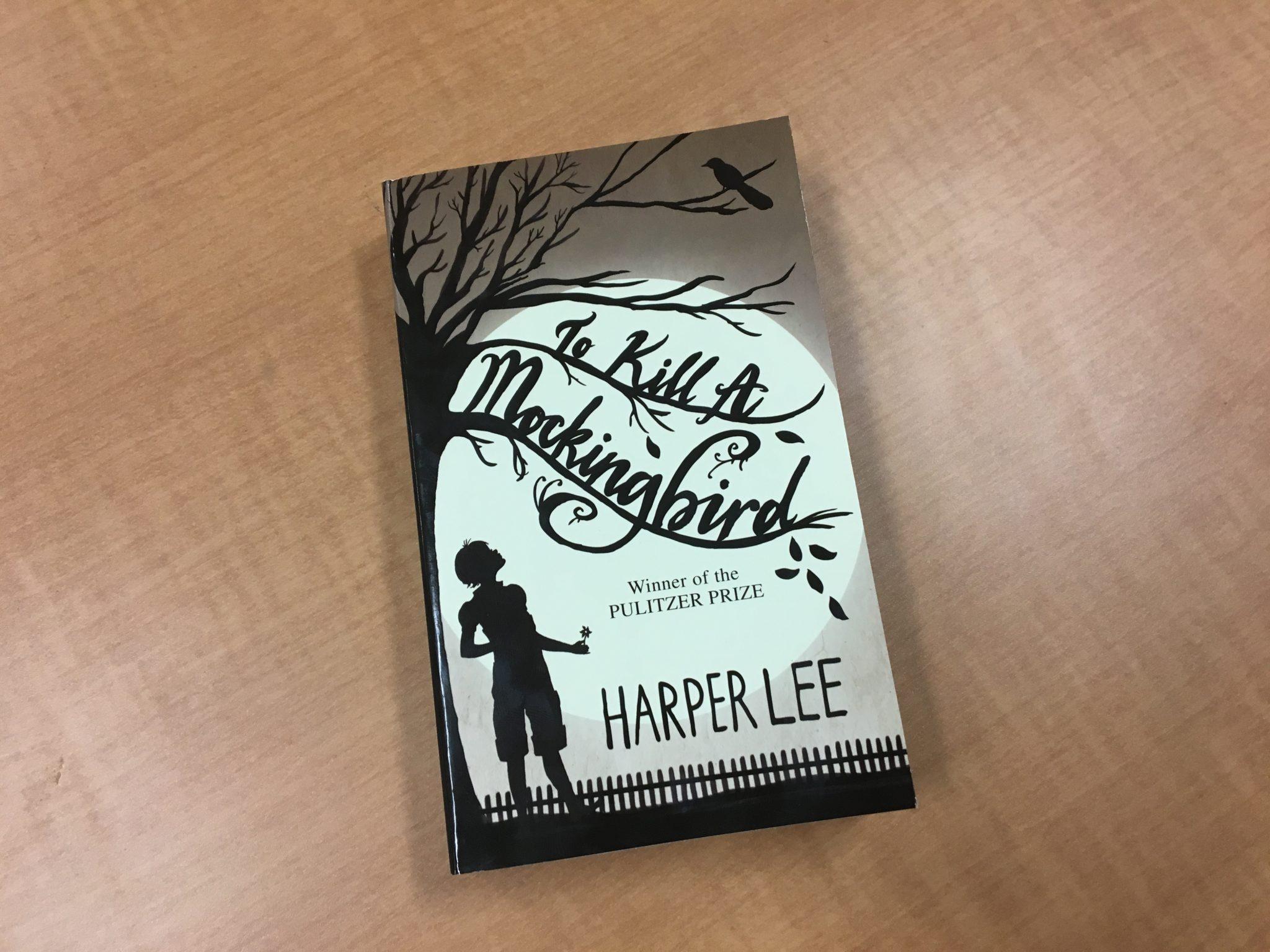Most students have read the famous novel “To Kill a Mockingbird” by Harper Lee at some point in their lives. Not only is it a fantastic book, but it raises awareness of racial issues and shows just how much racism can impact an individual’s life.
For those of you who have not read the book, “To Kill a Mockingbird” takes place in the small town of Maycomb, Alabama during the post-Great Depression era.
The story is shown through the eyes of Scout Finch, a young girl who watched her father Atticus Finch, a lawyer, defend Tom Robinson, a black man.
A local girl accused Robinson of rape, but the prosecution had no evidence against him other than her word.
During a long and very public trial, Atticus managed to prove Robinson’s innocence. Yet despite his obvious innocence, Robinson was found guilty.
Scout was extremely confused as to how Robinson could have possibly been found guilty and Atticus told her, “There’s something in our world that makes men lose their heads—they couldn’t be fair if they tried. In our courts, when it’s a white man’s word against a black man’s, the white man always wins.”
This book shows that racism is alive and well and can completely devastate the lives of people of color.
For this reason, it is appalling that the school board in Biloxi, Mississippi has pulled it from the required reading list.
Kenny Holloway, the vice president of the Biloxi school board told the Sun Herald that “there were complaints about it. There is some language in the book that makes people uncomfortable, and we can teach the same lesson with other books.”
Racism is not something that we should feel comfortable about.
Racism is still an important topic in all parts of the world and is not something that should be pushed aside simply because it causes discomfort to those who perpetrate it.
A concerned reader emailed the Sun Herald and revealed that the decision had been made by the school board due to the book’s uncensored use of the “N-word.”
This term is used by many people to degrade and dehumanize people of color and “To Kill a Mockingbird” reiterates this.
A recent viral video shows an intoxicated man on a New York subway shouting racial slurs at a group of young black men. One-by-one, passengers began to step in and yell back at the man, telling him off for his atrocious behavior.
The subway ride ended for the man when the passengers shoved him out of the car and one woman threw a cup of hot soup on him.
This woman, Destiny Frasqueri, tweeted about the incident later, and said, “The community of patrons on that cart stood together against racism and hatred that day… it was a bond of individuals against harassment. I think that’s the important thing to take away from this. We all have an obligation to help, protect, stand up and love each other.”
Racism is still very much alive and is not something that students should be shielded from because they need to realize that racism has repercussions.
In a time where Nazis are being publicly supported by the president of the United States, it would be beneficial to remember this quote from Atticus Finch: “As you grow older, you’ll see white men cheat black men every day of your life, but let me tell you something and don’t you forget it—whenever a white man does that to a black man, no matter who he is, how rich he is, or how fine a family he comes from, that white man is trash.”
Ella Shepherd is a sophomore communications and journalism major from Winston-Salem, North Carolina. You can follow her on Twitter at @ellakshep.
Photo by: Q Russell, Opinion Editor

